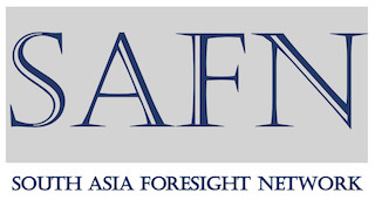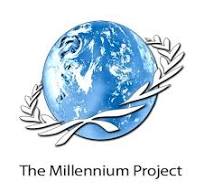Reigniting Growth in Thailand: Can Competitiveness Catch Up?
Thailand’s recent bid to host the Formula One Grand Prix in Bangkok from 2028 to 2032 has secured initial Cabinet approval and is envisioned as a potential catalyst for tourism, investment, and global recognition.
COMMENTARIES
Se Hoon Kim
6/24/2025


Pic:Bangkok Night Wikimedia Commons
BANGKOK — Thailand is on track for modest economic recovery in 2025, with growth expected to reach 2.9%, up from 2.6% the previous year. This uptick is largely driven by stronger domestic demand and targeted fiscal measures, according to the World Bank’s latest Thailand Economic Monitor (February 2025). The report, titled Unleashing Growth: Innovation, SMEs and Startups, offers cautious optimism about near-term recovery, while emphasizing the urgency of structural reforms to ensure long-term competitiveness.
Tourism remains a central pillar of Thailand’s recovery. With international arrivals forecast to return to pre-pandemic levels by mid-2025—up to 40 million visitors from 35.3 million in 2024—the hospitality and service sectors are expected to regain momentum. The government’s Digital Wallet cash transfer initiative has also played a role in boosting private consumption, contributing an estimated 0.3 percentage points to GDP in 2024. It supported a reduction in poverty to 8.2% and narrowed income inequality, although at a high fiscal cost of THB 145 billion, or approximately 0.8% of GDP (World Bank, 2025).
While domestic indicators point to improvement, Thailand’s external environment remains challenging. Slower growth in key markets such as China and the United States is likely to weigh on exports, despite a gradual rebound in global electronics demand. Inflation remains well-contained—projected at 0.8% in 2025—leaving room for continued accommodative monetary policy. Still, balancing support for recovery with long-term fiscal sustainability will be essential.
Thailand’s long-term economic trajectory, however, demands more serious attention. The World Bank cautions that without structural reforms, potential growth could decline to 2.7% by 2030—well below the 3.2% average of the previous decade. Critical reform areas include taxation, infrastructure development, and productivity enhancement across key sectors. Of particular importance is the SME and startup ecosystem, which accounts for nearly 70% of national employment and 35% of GDP. These enterprises face persistent challenges including limited access to capital, digital skill gaps, and regulatory barriers that inhibit innovation and integration into global value chains.
Adding to this landscape is Thailand’s recent push to enhance its international image through soft power initiatives—most notably, its bid to host the Formula One Grand Prix in Bangkok from 2028 to 2032. The project has secured initial Cabinet approval and is envisioned as a potential catalyst for tourism, investment, and global recognition. However, the proposed budget—exceeding THB 41 billion and fully funded by the state—has prompted serious concerns over fiscal impact and long-term sustainability.
A recent internal analysis indicates that the Grand Prix may not generate sufficient direct revenue to offset its costs. Projections suggest deficits even under favorable scenarios, ranging from THB 6.8 to 10.7 billion over five years. While full state control offers strategic benefits—such as alignment with national branding and oversight—the financial burden would fall entirely on the public sector if revenue expectations are not met.
In response, the Cabinet Secretariat has outlined a prudent roadmap, recommending comprehensive impact assessments, enhanced private sector participation, rigorous adherence to fiscal discipline laws, and open public consultation. These steps are aimed at ensuring that the project does not divert resources from core development priorities.
For Thailand’s business and diplomatic partners, the dual narrative is clear: the country is laying the groundwork for recovery and global visibility, but careful policy choices will determine whether its aspirations are matched by sustainable outcomes. Continued coordination between public and private actors—especially in innovation, fiscal management, and infrastructure—will be key to securing investor confidence and long-term economic resilience.
* Se Hoon Kim is a Fellow at SAFN and the Managing Editor at Global Strat View, where he specializes in reporting on East and South Asian affairs. Renowned for his comprehensive analysis, he offers insightful commentary on regional security and political developments spanning Asia, Africa, Latin America, and the Indo-Pacific.


